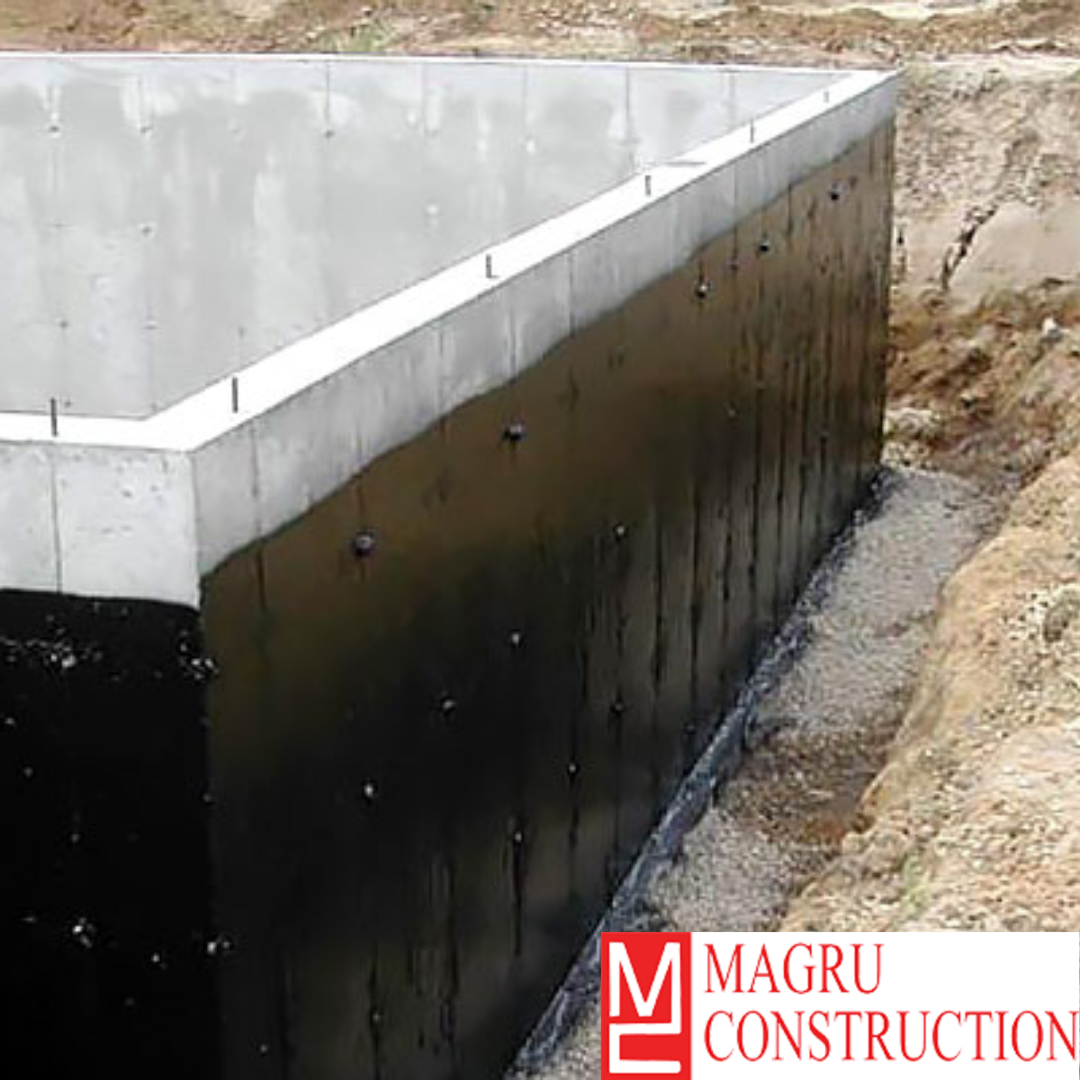
Waterproofing the foundation serves several important functions:
Moisture protection: The primary purpose of foundation waterproofing is to prevent groundwater and moisture from penetrating the structure. Moisture can seep through the porous materials of the foundation, gradually weakening its structure over time.
Corrosion prevention: Moisture can cause corrosion of metal elements like rebar within concrete. Waterproofing protects these elements, extending the lifespan of the foundation.
Preventing mold and mildew: Moisture entering the foundation can create ideal conditions for mold and mildew growth. This not only deteriorates the indoor air quality but can also lead to health issues for the occupants.
Maintaining thermal efficiency: A wet foundation has poorer thermal insulation properties, leading to additional heat loss in the building. Waterproofing helps prevent this, improving the building's energy efficiency.
Preventing foundation deformation: The periodic freezing and thawing of water within the foundation's pores can lead to its deformation. Waterproofing prevents water ingress, reducing the risk of cracks and other damage.
Increasing structural longevity: Properly executed waterproofing protects the foundation from various types of damage, increasing the overall lifespan of the building and reducing future repair costs.
Thus, foundation waterproofing is essential for ensuring the durability, safety, and comfort of a building.